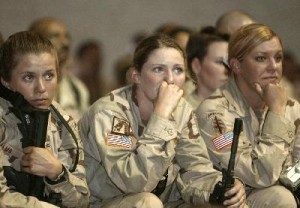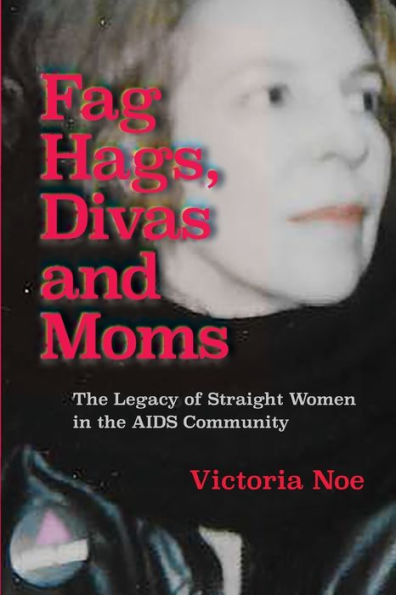When Grief Goes On and On
Mar 02, 2013 by Victoria Noe, in Friend Grief
, grief and guilt
, grieving
, military
, survivor guilt
, veterans
 |
| Not all veterans are men |
We talked about survivor guilt and grief, and how they are factors in post-deployment mental health issues (PTSD, substance abuse, suicide).
My research lately has focused on recent vets, and the suicide epidemic affecting active duty troops. But I learned that grief for comrades – and complicating guilt – lasts for decades.
One person I spoke to works with Vietnam and WW2 vets. Both aging populations, as they near the end of their lives they feel the need to talk. Often for the first time, they describe their time in war: what they saw, what they did, who they lost. They talk about guilt for what they had to do and who they couldn’t save.
They kept their experiences from their families, to protect them from the truth and to avoid judgment. Now, only after a terminal diagnosis, were they able to get it off their chests, the grief and guilt that had weighed them down for decades.
The vets returning now have even more complications to deal with: multiple deployments, traumatic brain injuries, instant re-entry. The last point was something I hadn’t considered. In previous wars, there was time to decompress on the way home: on a train, a ship, a series of flights. Now they travel from battlefield to home in less than 24 hours, with no time to process what’s happened to them. It’s hard to imagine a tougher transition.
This is not the time or place to critique active duty or veteran mental health services. There is much that is being done and much more that needs to be done for our military.
No one “gets over” grief or guilt. The best we can hope for is that these brave men and women have the help they need.

